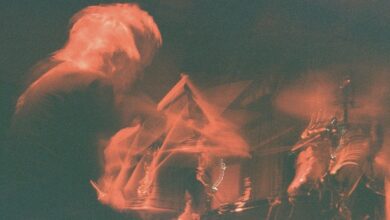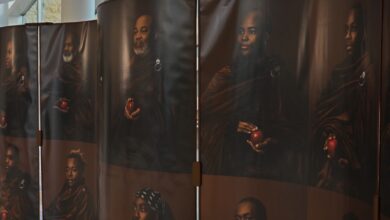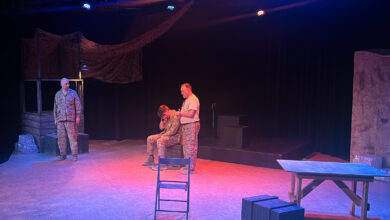Dreamlike production richly imagines death: talking with Reza Basirzadeh, designer of Studio Theatre’s “Exit The King”
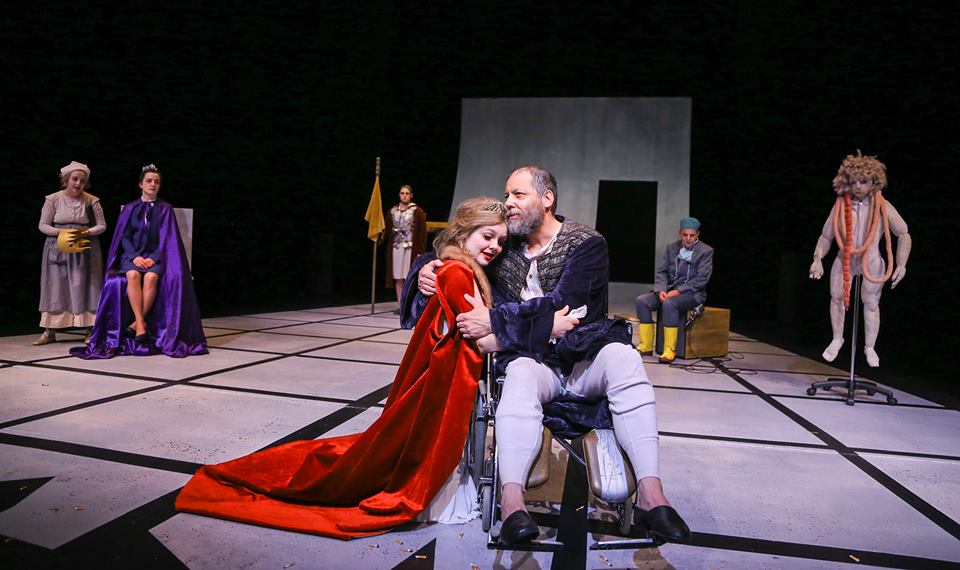 Ed Ellis
Ed EllisWhat: Exit the King
When: Until May 26, 2018
Where: Timms Centre for the Arts
Director: Kevin Sutley
Designer: Reza Basirzadeh
Featuring: Ian Leung, Beth Graham, Lauren Hughes, Meegan Sweet, Sparky Johnson, Michael Anderson
Tickets: Adults $25, seniors $22, students $12, purchasable here
Enter His Majesty King Berenger: a onesie-wearing 400-year-old who can’t get anyone to listen to him anymore. The king’s guard summons his presence with the honk of a bicycle horn after his doctor appears to tell him he has approximately the length of a stage play to live.
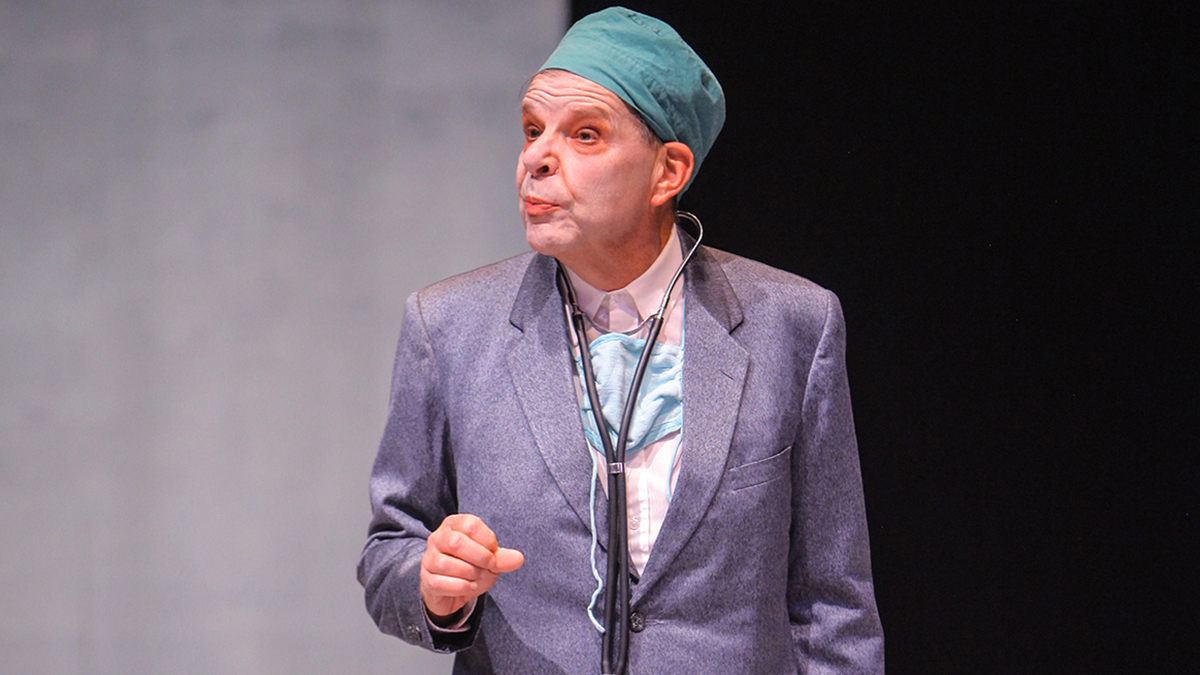
The Department of Drama’s Studio Theatre production of Exit The King, Eugene Ionesco’s 1962 absurdist drama, uses a 2009 Broadway translation by Geoffrey Rush and Neil Armfield to narrate a man’s existential crisis. The production is the thesis project of MFA Theatre Design candidate Reza Basirzadeh. Designing the play’s lighting, set, and costumes, Basirzadeh previously studied theatre and puppetry in his home country of Iran.
“It’s about death, humanity, and ourselves, and how we face death and understand it,” Basirzadeh explains. “There’s no way to escape it. You have to face it.”
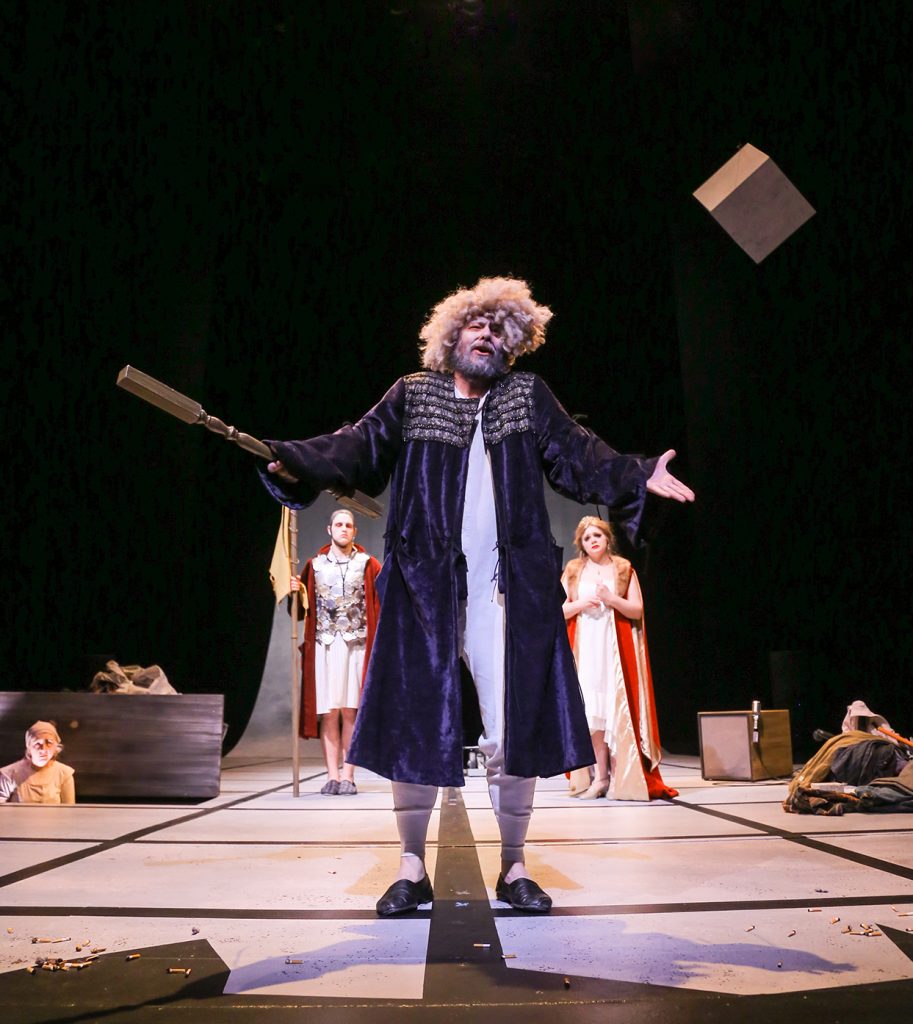
In Ian Leung’s versatile portrayal, King Berenger undergoes this journey of escape and acceptance over the course of the play’s two acts. Leung plays the childlike Berenger with laughable relatability that stings when his obstinacy leads him into madness. Along the way, he is guided by personalities as colourful as their costumes. The cast of cartoonish figures — Queen Marguerite (Beth Graham), Queen Marie (Lauren Hughes), Juliette (Meegan Sweet), the Doctor (Sparky Johnson), and the Guard (Michael Anderson) — shows impeccable comedic synchronization, but they aren’t just gag machines. Each has a piece of wisdom to impart to the king about life and death, no matter how absurd at times. For Basirzadeh, this absurdity posed a big challenge. Indeed, The Theatre of the Absurd (Ionesco’s art movement) is a style typically devoid of strict realism, often giving directors and designers a lot of freedom for interpretation.
“It’s not conventional theatre,” Basirzadeh says. “For instance, in some plays, you know the location. But Exit The King could happen anywhere, everywhere, at any time.”
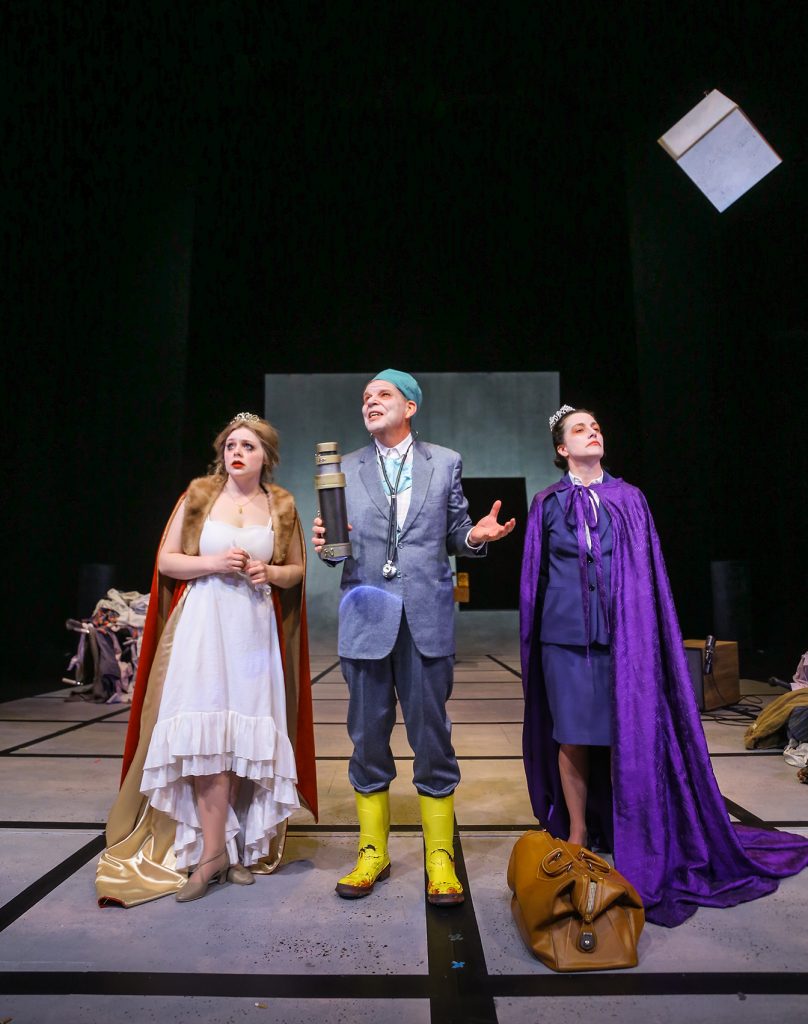
With that in mind, Basirzadeh and director Kevin Sutley’s creativity produce an astounding stage picture that is as multifaceted as the play’s symbolism and themes. A mysterious cube fixture hangs delicately in the air and acts as a window pouring light into a bleak dungeon, setting a mood of hopelessness even before the play begins. The depth of the stage changes with illusions created by masterful lighting, from sombre spotlights to a farcical strobe light show. Indeed, Exit The King is funniest when it unapologetically confronts the audience’s darkest fears with metatheatrical humour.
“This show is so personal,” says Basirzadeh. “I hope it touches audiences’ hearts and make them think about their own lives.”
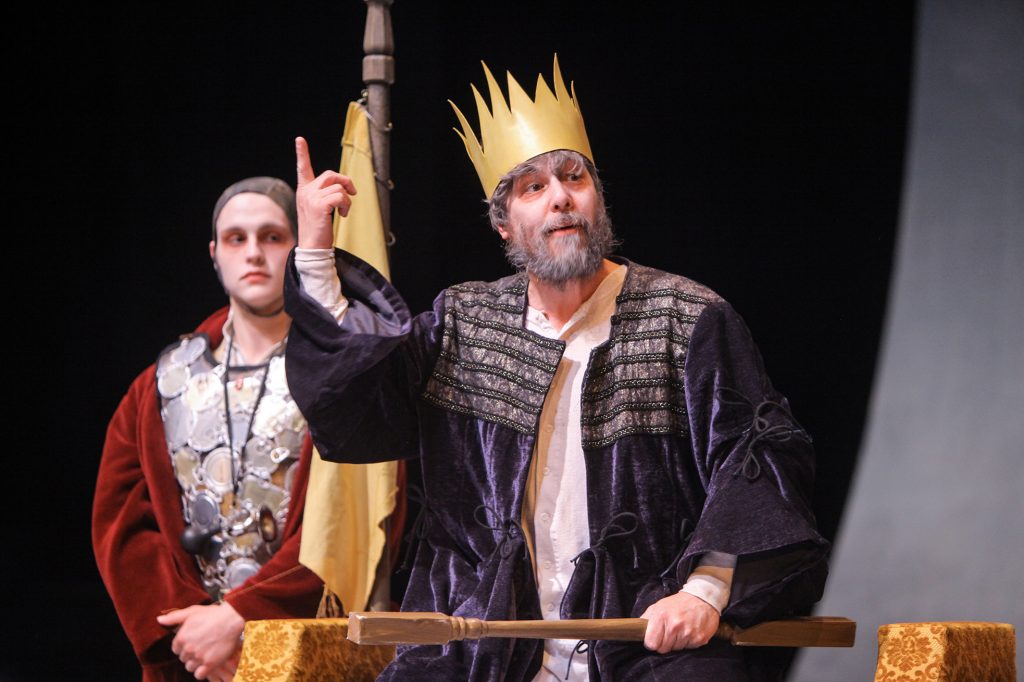
How does one die with dignity? Berenger breaks the fourth wall with this question and only hears the deafening silence of the universe. The king’s crisis unfolds with emotional whiplash; the most comedic episodes are shortly followed by the play’s darkest moments. These twists and turns keep the audience attentive and impatient for a gratifying end. This is where Basirzadeh’s work shines. Death takes a visual form when the image of the king’s demise emblazons the black canvas of the stage with fierce orange and gold. As Queen Marguerite, the king’s first wife and cruel voice of reason, Beth Graham delivers the play’s last words with chilling gravity.
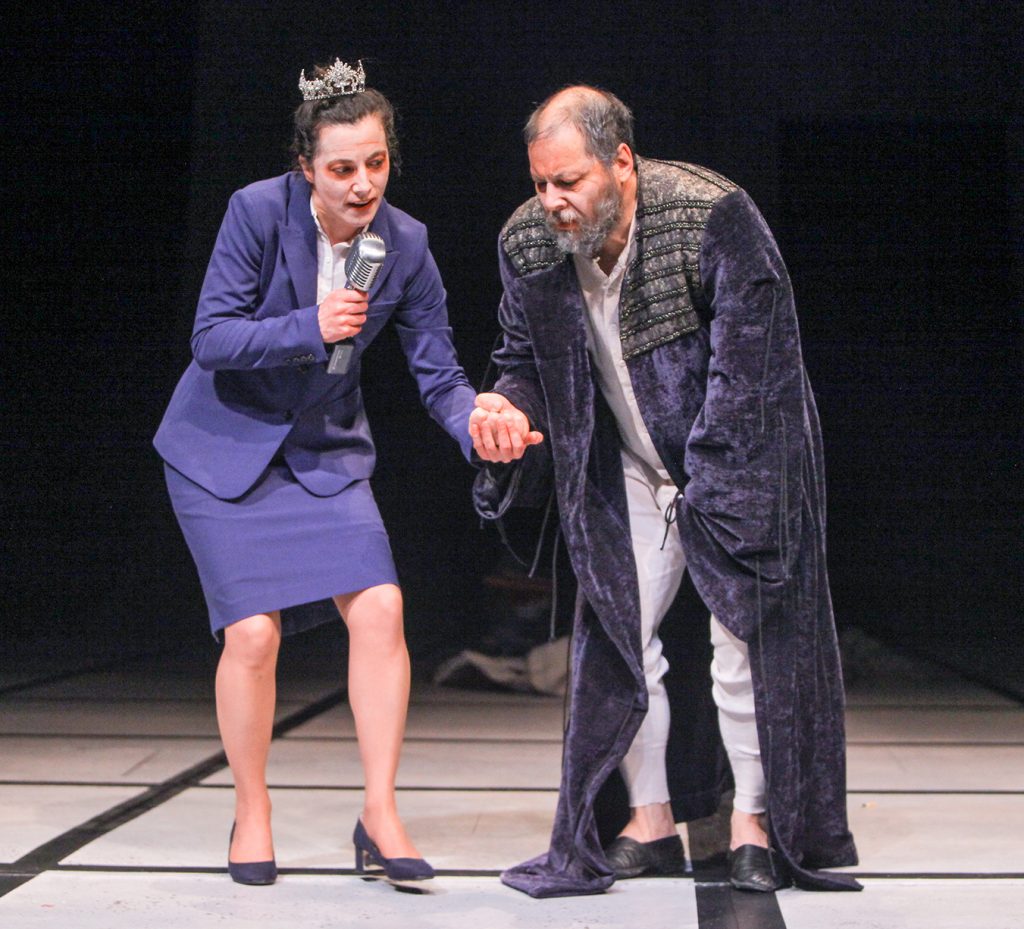
After experiencing immense artistic freedom in the U of A’s theatre design program, Basirzadeh explains there is nothing he would rather be doing. The program offers opportunities to explore different creative avenues and develop skills that are applicable anywhere.
“I’m not really sure about my future career,” Basirzadeh says. “But I love it. I’m pretty sure that I’m gonna do it for the rest of my life.”

